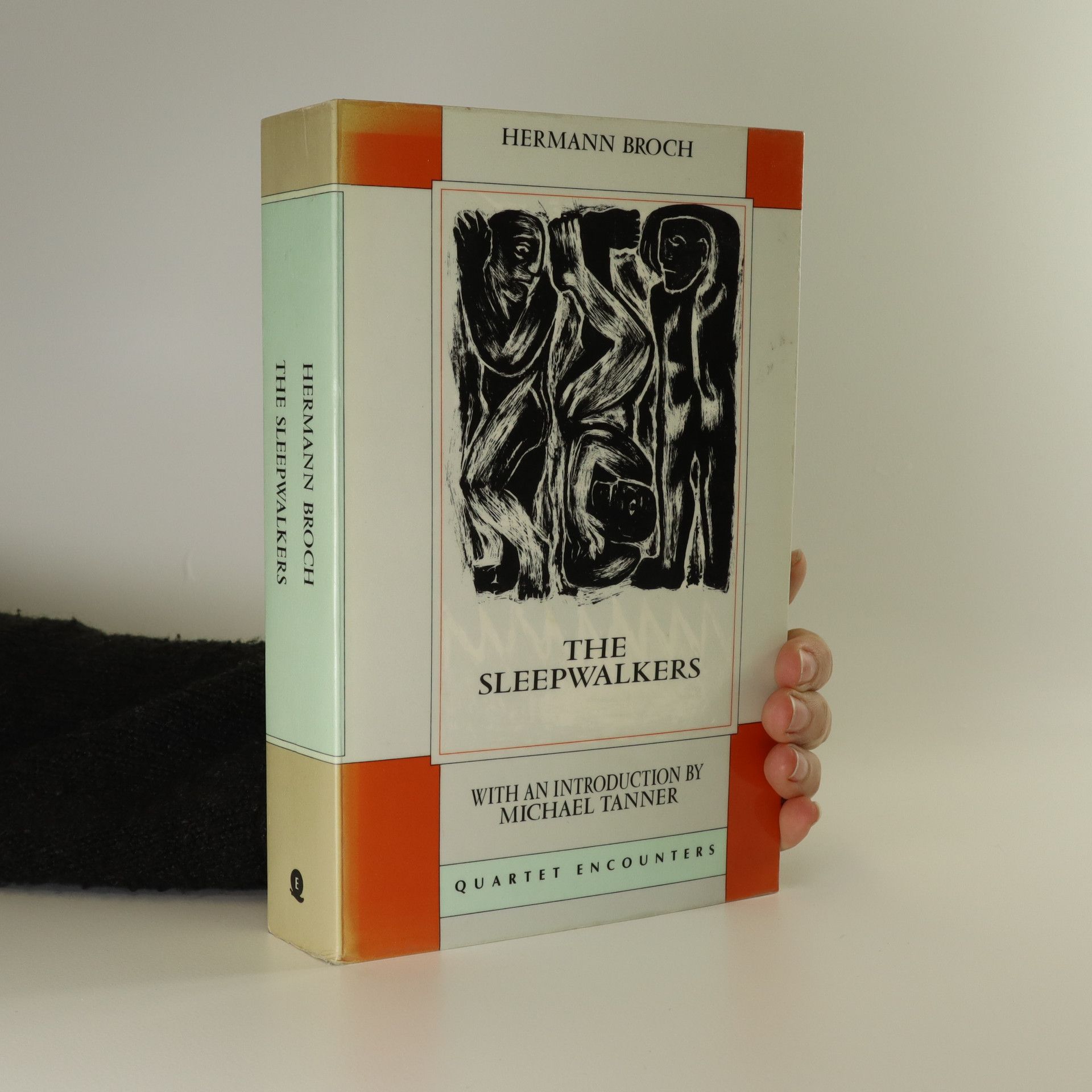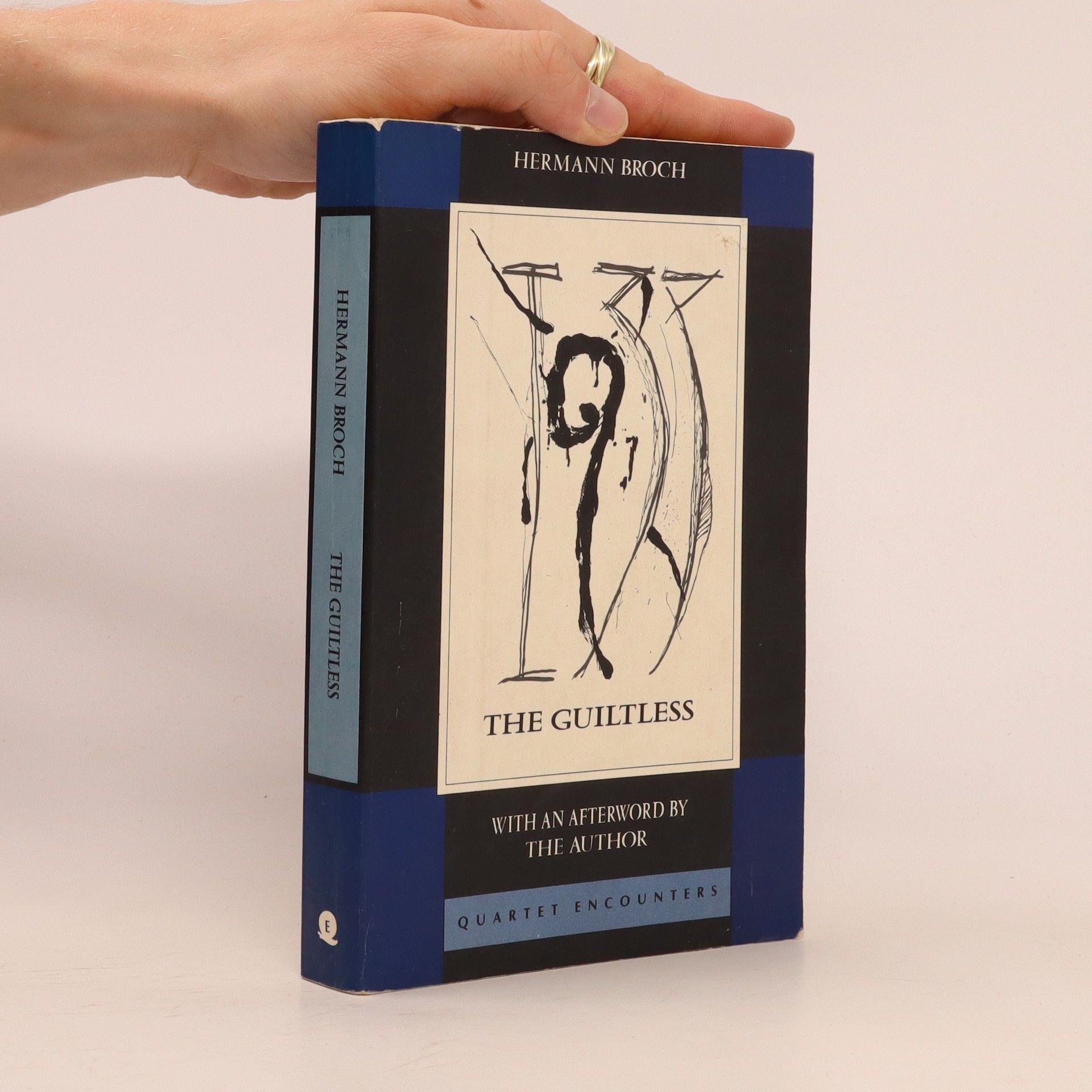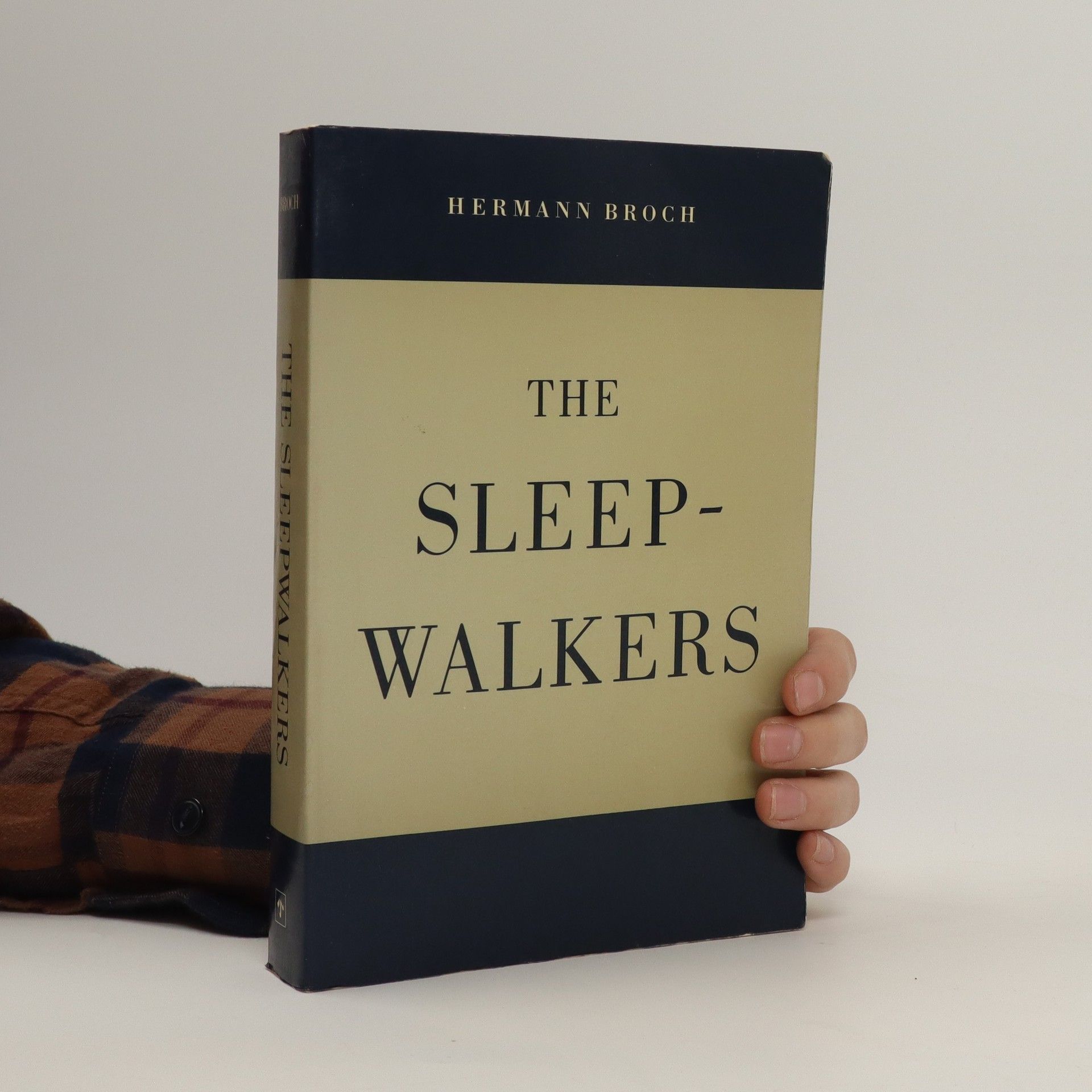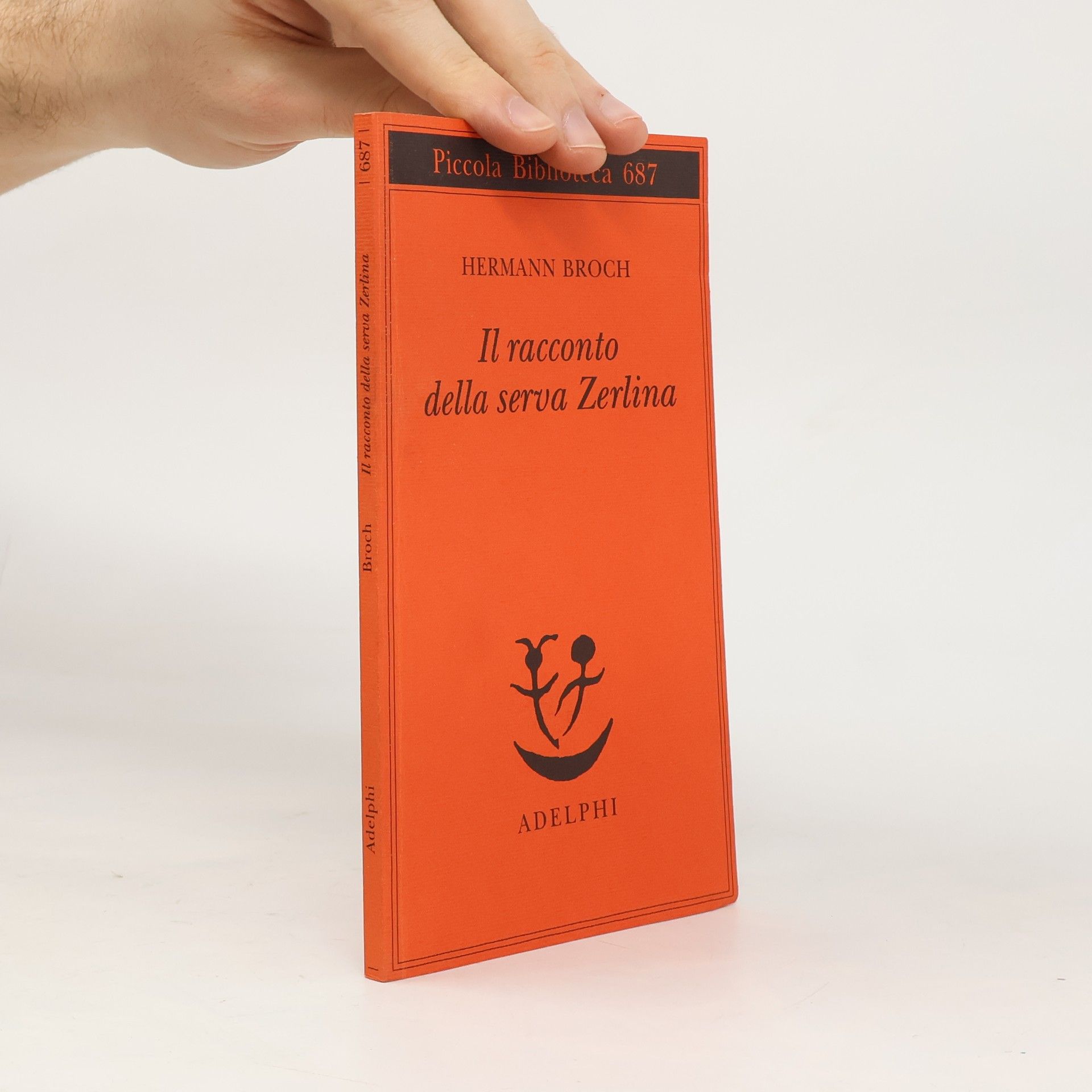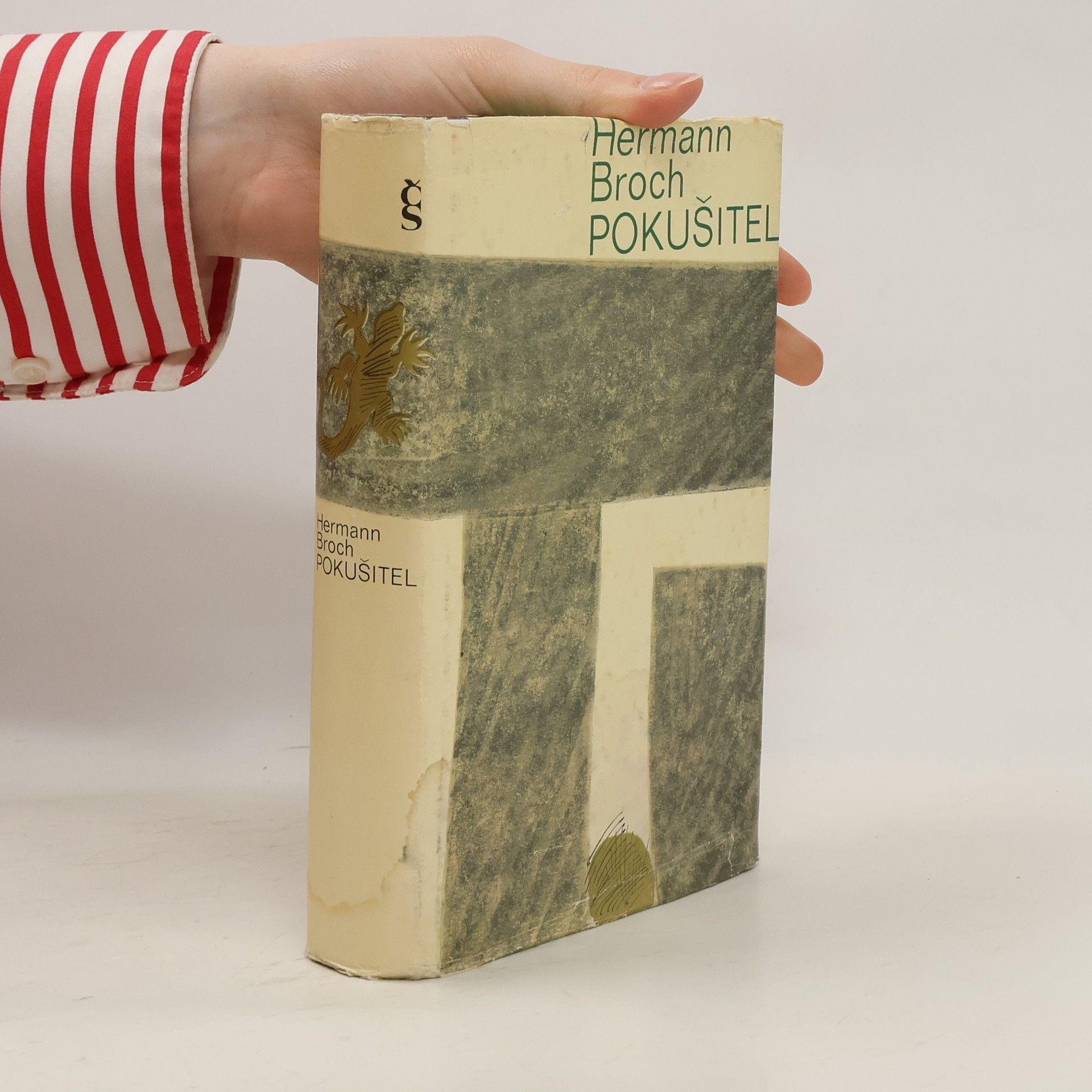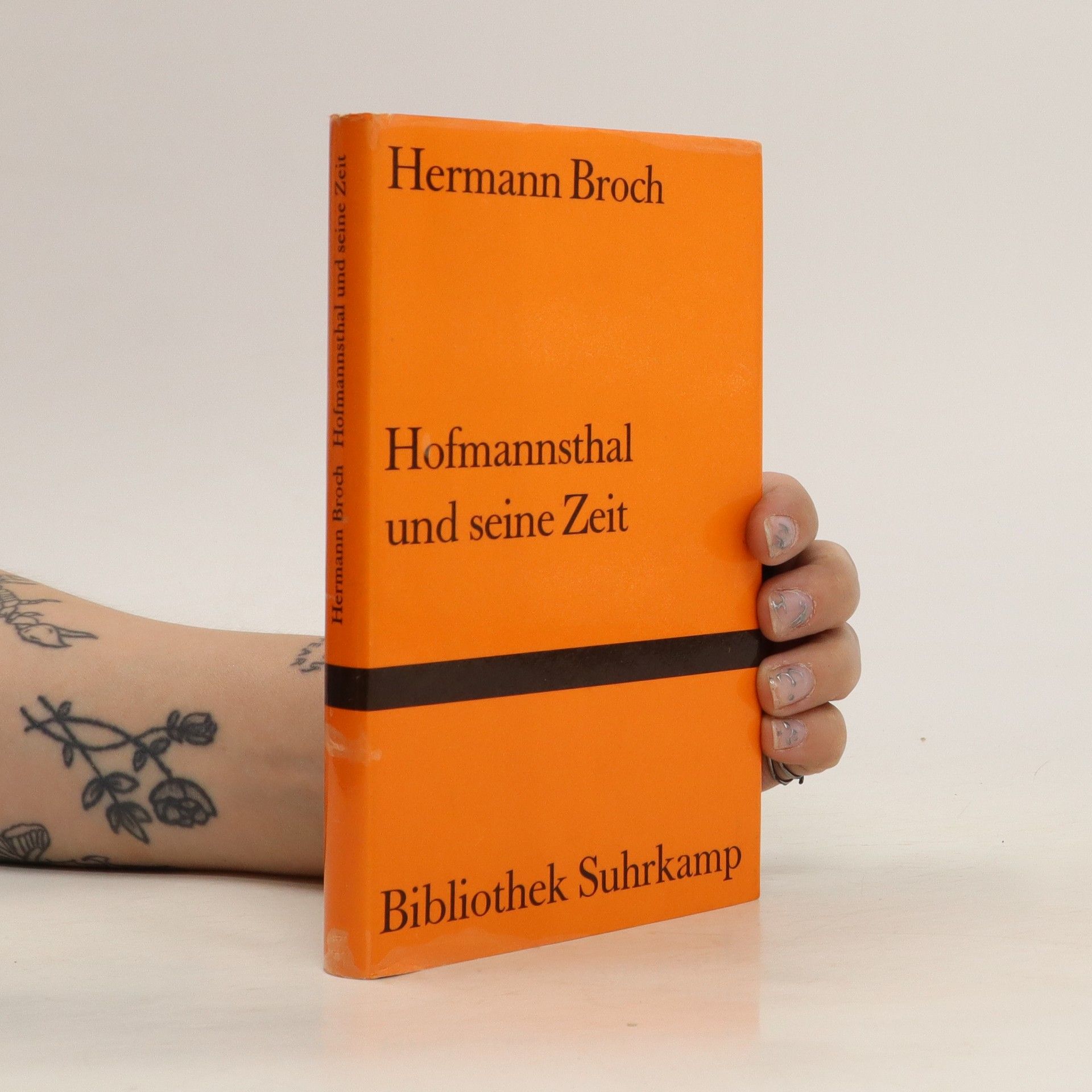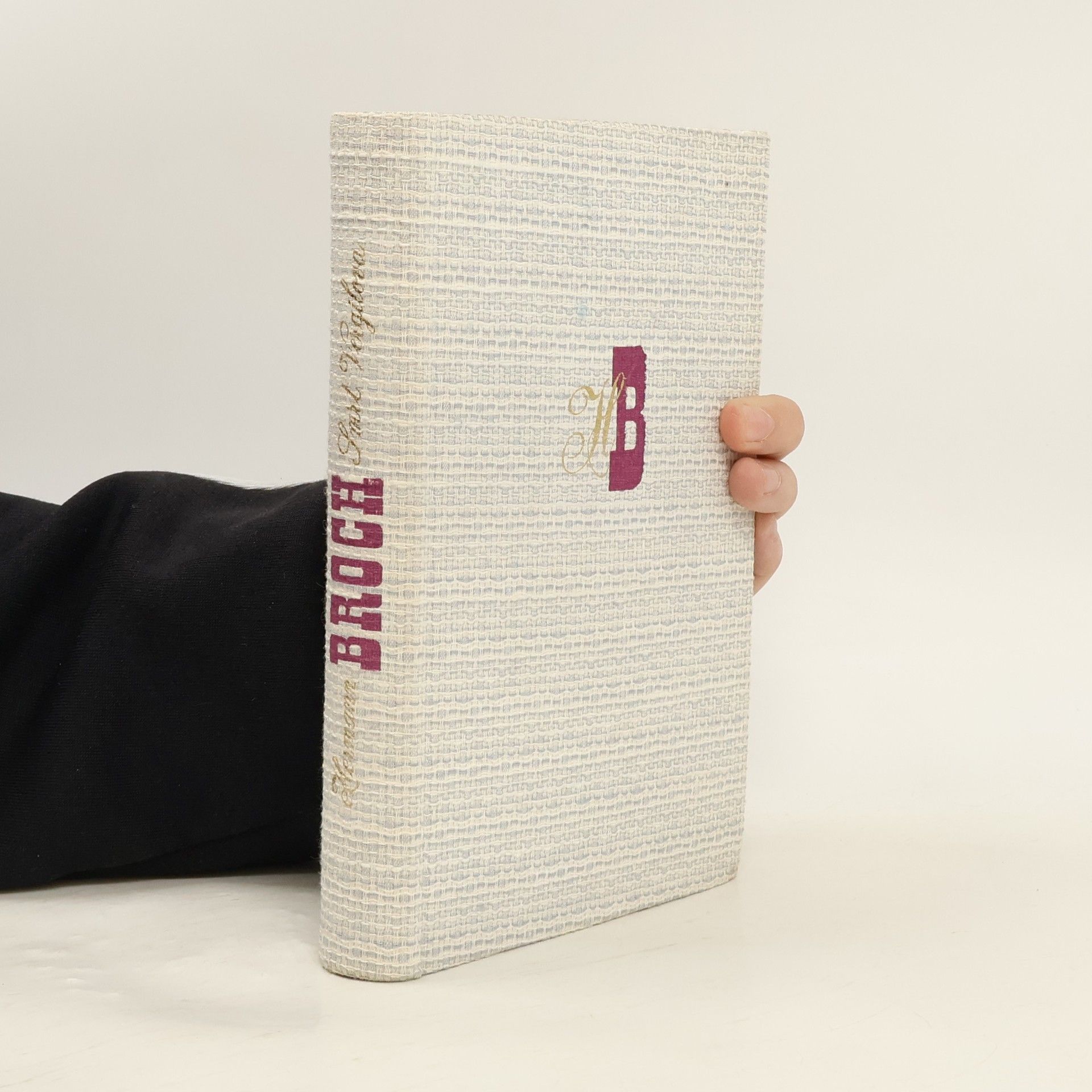Piccola biblioteca - 687: Il racconto della serva Zerlina
- 77pagine
- 3 ore di lettura
Quando Hannah Arendt lesse questo racconto, così ne scrisse a Broch: «È una delle più grandi storie d'amore che io conosca e personalmente quella che mi è forse più gradita. Qualcosa di così meraviglioso, scritto interamente dalla prospettiva di quell'indimenticabile che risalta solo nel materiale di ciò che si è dimenticato». In un interno aristocratico e decaduto, la serva Zerlina racconta con foga implacabile la storia di una passione demoniaca e di una feroce sete di rivalsa, e svela la sua vendetta, di raffinata perfidia, ai danni del Signor von Juna, fatuo avventuriero che già nel nome ricorda il Don Giovanni – così come la stessa Zerlina e la padrona Elvira. Il suo furore finirà per travolgere tutto e tutti, anche l'impostura della rispettabilità coniugale in un'Austria prossima alla rovina, dove i presunti non-colpevoli «affondano» per dirla con Broch «nella colpa etica», in una «colpevole non-colpevolezza».

